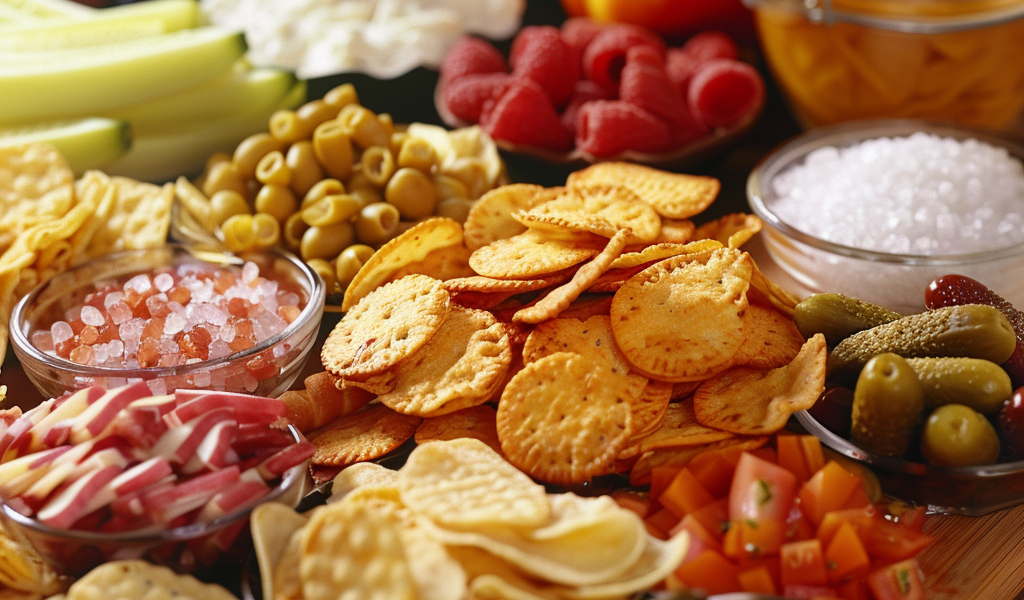A recent study has found a potential link between salt consumption and the development of stomach cancer. The research, conducted in 2024, analyzed data from over 470,000 adults in Britain and revealed that individuals who regularly added salt to their food were 40% more likely to develop certain types of stomach cancers compared to those who consumed little to no salt.
According to the study published in the peer-reviewed journal Gastric Cancer, researchers at the Center for Public Health, Medical University of Vienna, examined responses from questionnaires administered between 2006 and 2010. Participants were asked about their salt consumption habits, with their responses compared to measurements of salt excretion in urine and data from national cancer registries.
The findings indicated a significant correlation between salt intake and stomach cancer risk. Those who reported frequently salting their food were notably more susceptible to developing stomach cancer over an 11-year period. The study’s lead author, Selma Kronsteiner-Gicevic, emphasized the robustness of the results, which remained consistent even after accounting for various demographic, socioeconomic, and lifestyle factors.
Despite the compelling findings, the research team acknowledged certain limitations of the study. Factors such as sex, age, ethnicity, and smoking status were not fully evaluated, and the study’s observational nature prevented establishing a definitive cause-and-effect relationship between salt consumption and stomach cancer.
The study’s outcomes have garnered attention, with various news outlets reporting on the research, including News Medical Life Sciences, Newsweek, Technology Networks, and Medical News Today. The study’s implications are significant, particularly in light of the increasing incidence of stomach cancer among young individuals, particularly women.
As further research is conducted to delve deeper into the connection between salt intake and stomach cancer risk, individuals are advised to be mindful of their salt consumption habits and consider potential health implications. The study serves as a reminder of the importance of maintaining a balanced diet and making informed choices regarding food additives to safeguard overall health and well-being.





